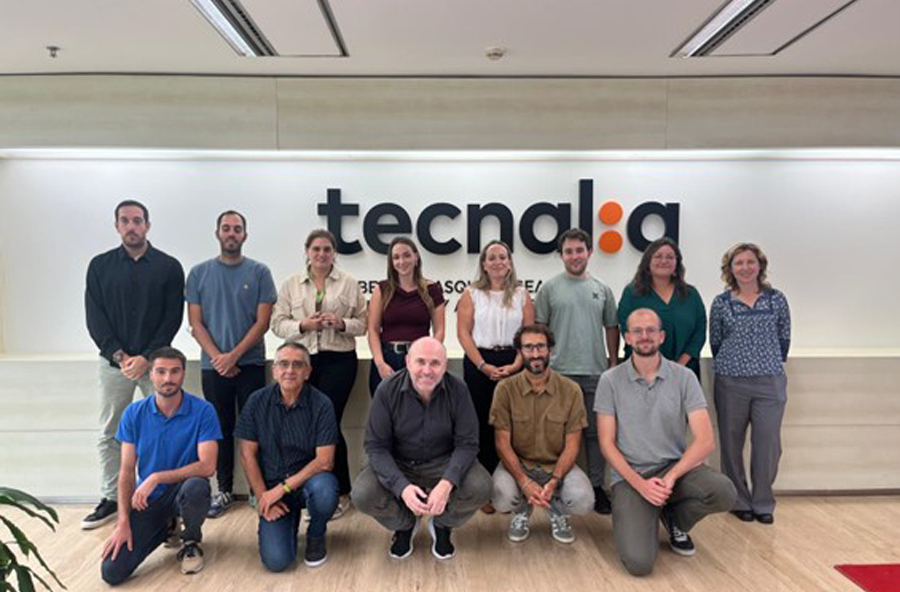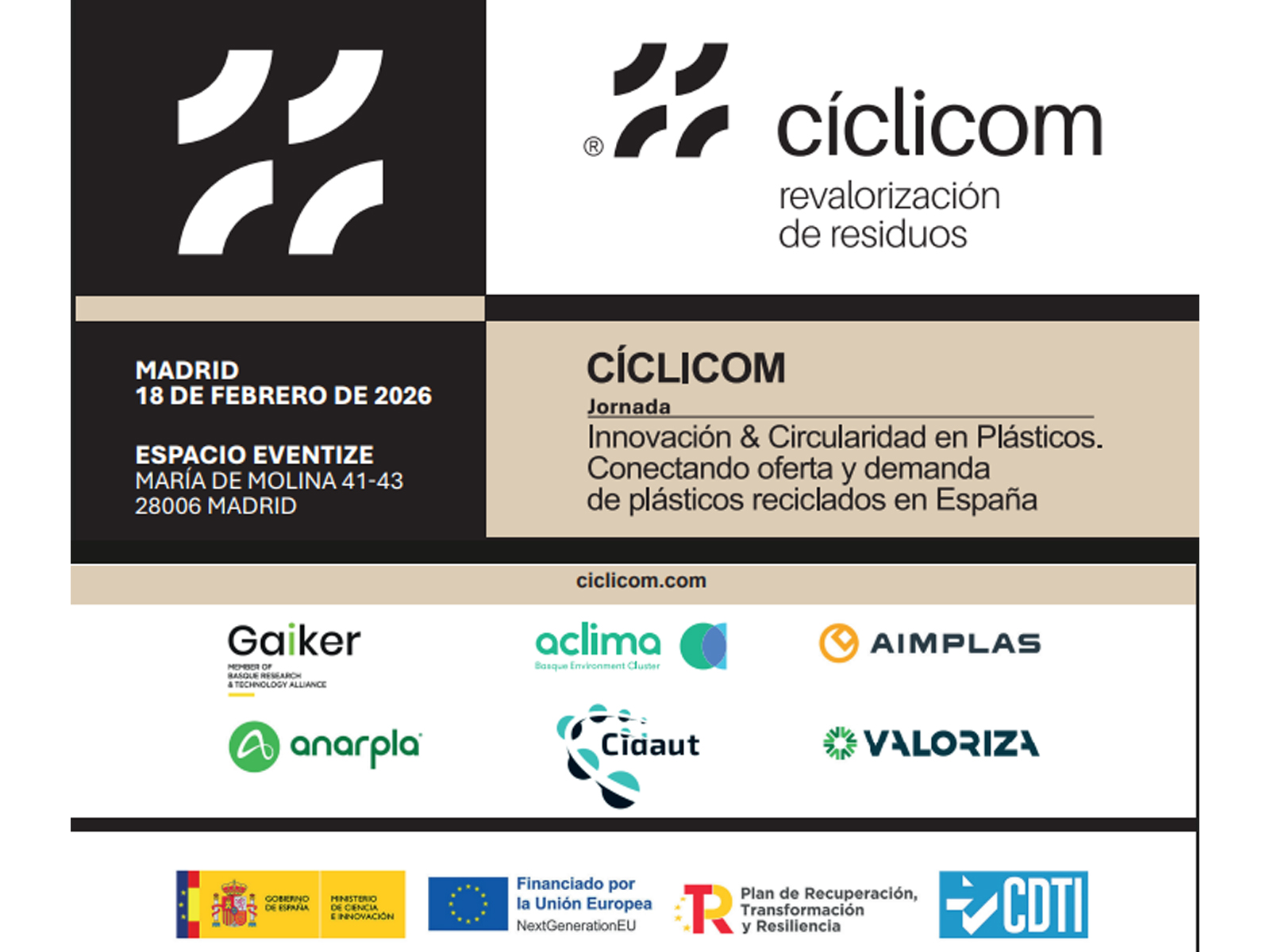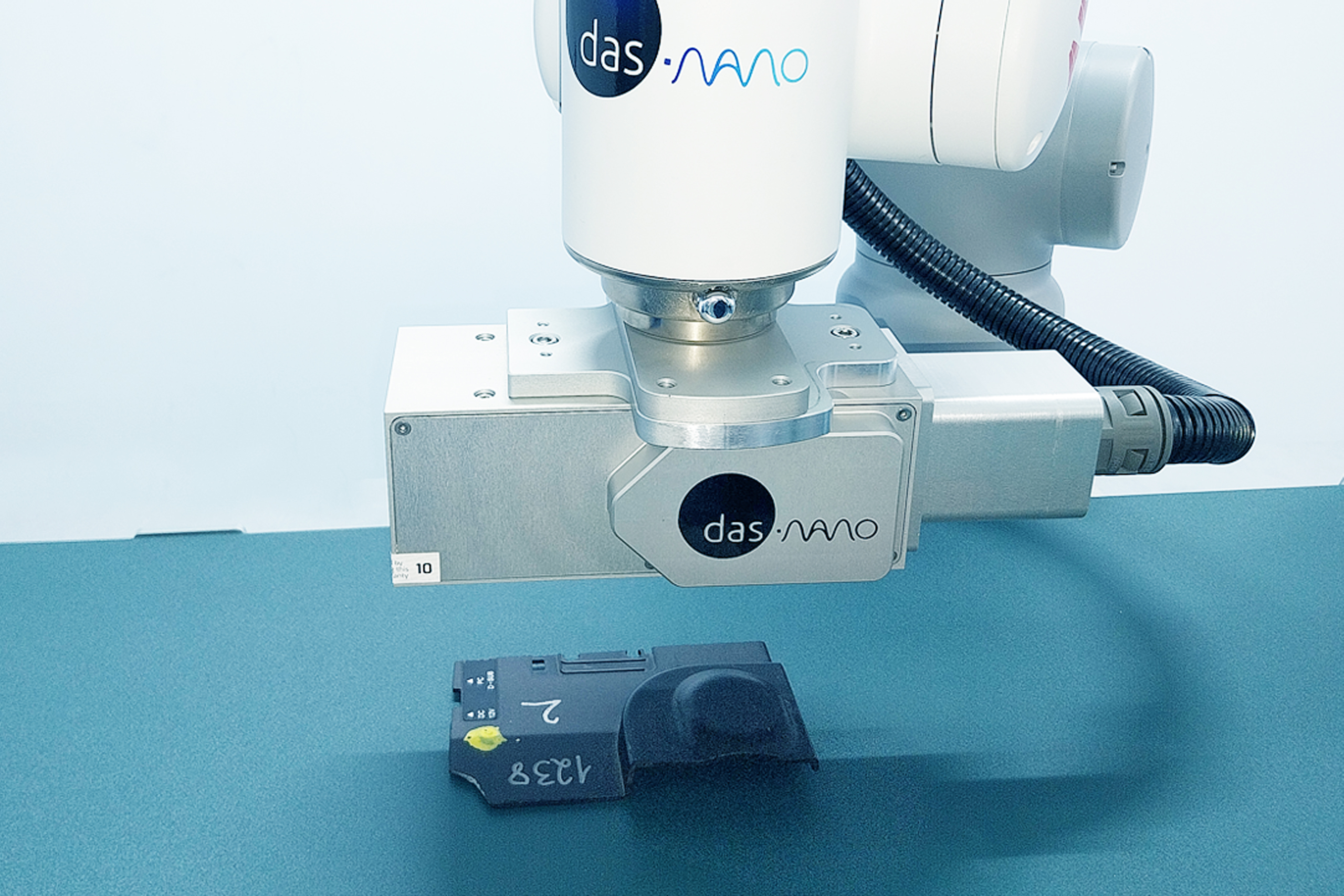The second phase of the ONTZHI project was presented in Zamudio, following the progress made in the first phase: ONTZHI-II. The project is aimed at developing innovative technologies to allow hydrogen to be stored and transported in a safe, sustainable and competitive manner, which will be an essential step in the transition to a decarbonised economy.
GAIKER Technology Centre, a member of the Basque Research & Technology Alliance (BRTA) is involved in this project, which focuses on responding to one of the major strategic challenges of the energy transition: deploying infrastructures to ensure the safe and efficient handling of hydrogen, which is considered to be a key energy vector for reducing emissions and moving towards climate neutrality.
ONTZHI-II is funded by SPRI, through the Elkartek programme, and has an overall budget that will allow it to carry out its work between 2025 and 2027. During this period, it is expected that key milestones will be achieved, such as the validation of advanced coatings, the construction of laboratory-scale demonstrators and the development of a predictive computational model to facilitate the transfer of results to the industrial sector.
While hydrogen has great potential as a clean energy source, it also poses challenges that currently limit its deployment. These include the embrittlement of steel and welds in pipelines and tanks, the lack of in-depth knowledge about the interaction of hydrogen with different materials, permeation and leakage in storage systems, and the need for composite tanks that are both competitive and sustainable.
ONTZHI-II will investigate new solutions to overcome these barriers, such as:
• Advanced coatings on metals to prevent embrittlement and reduce leaks.
• Developing sustainable and recyclable composite materials for mobility applications.
• Modelling and characterisation methods capable of predicting how hydrogen will interact with materials.
This project also aims to build two laboratory-scale demonstrators: a barrier coating against hydrogen permeation and a type IV tank made of sustainable composite materials, intended for mobility and designed for reuse.
A top-flight consortium
ONTZHI-II is a consortium made up of six strategic partners: Tecnalia, which is leading the initiative, together with the Basque Country Mobility and Logistics Cluster, GAIKER, Cidetec, Tekniker and Multiverse Computing. The collaboration between these entities will combine cutting-edge capabilities in research, industry, advanced manufacturing and computing, making it possible to tackle the main hydrogen technology-related challenges.
GAIKER
GAIKER’s work within this project will focus on research into reactive thermoplastic or bio-based resins for use in both interior linings and composite tank casings intended for storing hydrogen in a gaseous state for mobility applications. The technology centre will use 3D printing, RTM and taping technologies to focus its efforts on developing hollow structures that can be adapted to the available space and that also facilitate end-of-life and recycling by using materials of the same type throughout the tank structure.
The Basque Country, a strategic region for hydrogen
The choice of the Basque Country as the headquarters of ONTZHI-II is no coincidence. The region has a robust industrial base, a top-level scientific and technological infrastructure, and an energy strategy committed to decarbonisation. These factors make it an ideal environment for developing and scaling up hydrogen-related solutions and increasing the competitiveness of its companies in an expanding global market. The launch of ONTZHI-II will strengthen the Basque Country’s position in terms of creating a leading hydrogen technology ecosystem. The project will help provide safer solutions for critical infrastructures, which will be more sustainable as a result of recycling and reusing materials, and more competitive by promoting industrialisation and positioning local companies in the hydrogen value chain.
More information: https://www.ontzhi.com




